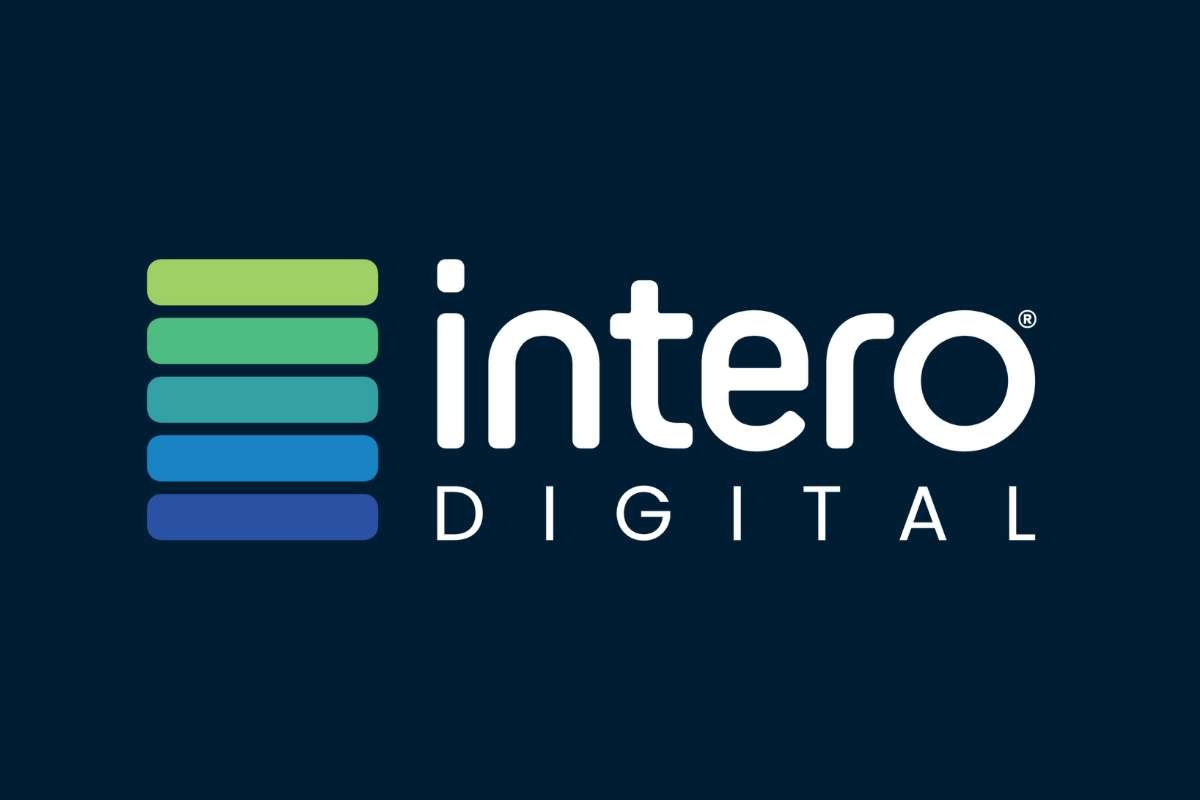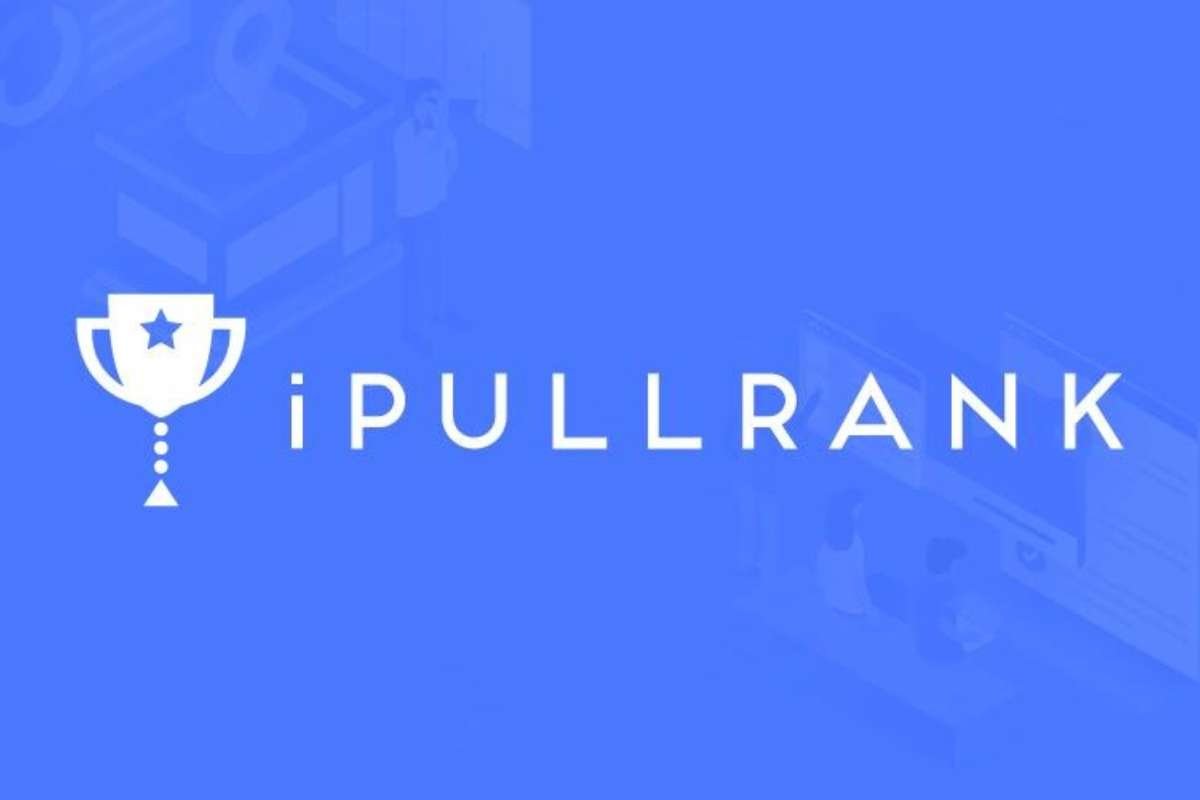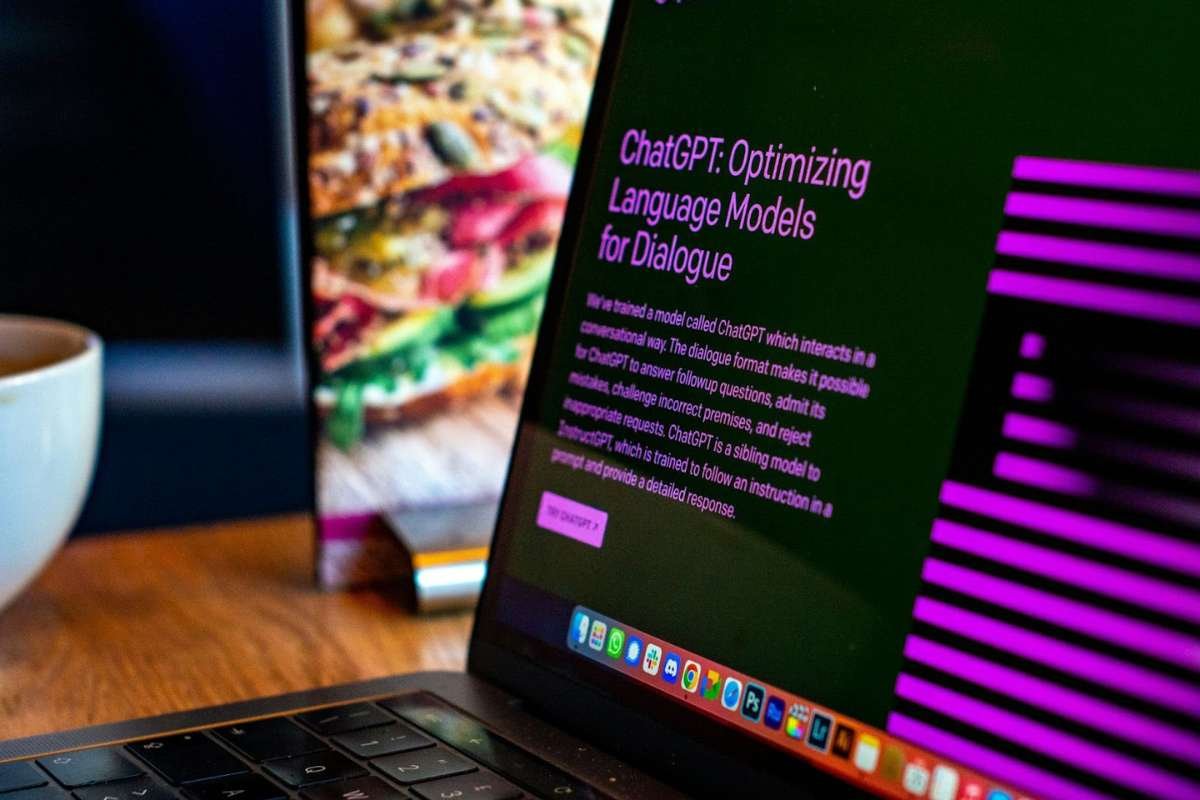Generative Engine Optimization (GEO) agencies have become the new “must-have” part of the digital ecosystem, revolutionizing how businesses leverage AI for search results optimization, content generation and user engagement. By 2025, however, the GEO landscape has grown increasingly competitive and innovative, so it has become extremely important to identify leaders. In this blog, we will review six of the top GEO agencies shaping the future of generative AI marketing environments. Each provides their own set of strengths and potential drawbacks which businesses should carefully consider before choosing one for their goals.
Here Are the 6 Best Generative Engine Optimization (GEO)
1. Pace Generative
Pace Generative stands out as an innovator in Generative Engine Optimization (GEO), being the only agency owned by a public company that exclusively offers GEO services. Pace Generative stands at the pinnacle of search and artificial intelligence, providing innovative strategies to enhance your online visibility. Recognizing these game changing changes to the digital landscapes, Pace is committed to securing their clients top positions both for AI-generated responses and traditional search results.
What sets this company further apart is their unique offering, which is the SME Interview-Led Content system, combining human expertise and AI efficiency for creating engaging, high-quality content at scale. Pace provides brands with an AI Visibility Dashboard to monitor their presence across platforms like ChatGPT, Perplexity and Google’s AI Overview.
Pros:
- Expertise in AI-driven and traditional search visibility.
- Innovative content creation with SME-led processes.
- AI Visibility Dashboard for transparent presence tracking.
Cons:
- May require significant investment for highly customized solutions.
2. Intero Digital

Intero Digital offers full-funnel marketing services including SEO, paid media, content marketing and web development. Their team has decades of experience and they specialize in helping enterprise clients manage complex digital ecosystems effectively. Their proprietary tool InteroBOT’s crawler simulation mimics both generative engines and traditional crawlers to identify content issues which hinder discoverability. This is particularly effective for brands with extensive libraries who want to increase their visibility on platforms such as ChatGPT or Perplexity.
Pros:
- Expertise in full-funnel digital marketing for enterprise businesses.
- Proprietary InteroBOT identifies and optimizes content for better discoverability.
- Effective solutions for brands with large content libraries.
- Decades of industry experience tailored to modern digital needs.
Cons:
- Services tailored primarily to enterprise-level clients, less accessible to smaller businesses.
- Premium pricing may limit affordability for some businesses.
3. Victorious
Victorious provides result-driven SEO campaigns crafted around clear roadmaps and measurable goals, aligning SEO deliverables with business goals for transparent reporting of progress. Victorious’s structured approach is particularly suitable for B2B SaaS companies that are looking for scalable, predictable search growth. Victorious integrates Generative Engine Optimization into each step of its process to provide AI-friendly optimization. These strategies include optimizing keyword clusters to the needs of AI search strategies, restructuring web structures for greater language model scanning efficiency and creating content workflows with AI checkpoints. These steps will help clients ensure consistency across both traditional and AI-driven search strategies.
Pros:
- Structured, measurable approach aligned with business objectives.
- Integration of Generative Engine Optimization ensures AI-friendly optimization throughout the process.
- Specialized expertise in delivering search growth for B2B SaaS companies.
- Transparent reporting provides valuable insights into ROI.
Cons:
- Best suited for B2B SaaS companies, less flexibility for other industries.
- Focus on premium services may not accommodate smaller budgets.
4. iPullRank

iPullRank specializes in enterprise-level SEO with an emphasis on solving complex challenges like JavaScript rendering, log file analysis and large-scale site architecture. Their process ensures intricate content structures remain accessible both to search engines and generative AI platforms, with audits that measure how AI systems interpret content strategies. Their content planning uses language models for behavioral data capture. Also, for sites with extensive directories or weak internal linking issues they identify structural issues that are hindering visibility within the AI-generated search results that iPullRank will pinpoint.
Pros:
- Strong focus on enterprise-level technical expertise.
- Unique methods tailored to generative AI platforms.
- Comprehensive audits and innovative content planning strategies.
Cons:
- Primarily benefits enterprises with complex technical needs.
- May be over-engineered for smaller, simpler websites.
- Advanced services could require larger budgets.
5. Perrill
Perrill combines web development, content marketing and SEO services into one comprehensive approach for clients to manage their digital presence. By unifying these services together, Perrill’s agency can efficiently execute site updates while aligning technical performance with content quality. Perrill‘s audits and planning processes prioritize authority signals, entity structure and semantic clarity ensuring their clients remain competitive as AI engines redefine how content discovery happens. Their seamless model is particularly helpful for organizations needing to coordinate backend development strategies with content strategies in order to increase visibility across advanced platforms.
Pros:
- Streamlined integration of web development, content marketing, and SEO.
- Efficient site-wide updates that align technical and content needs.
- Adapted workflows to maintain relevance in AI-powered search environments.
Cons:
- May not be ideal for businesses that are looking for standalone services.
- Comprehensive integration could be less necessary for smaller projects.
- Advanced coordination may involve higher costs.
6. Omniscient Digital

Omniscient Digital offers B2B SEO programs tailored to drive measurable revenue growth. Their process begins by aligning with strategic KPIs and producing high-quality editorial-style content which attracts prospects while moving them down the sales funnel. Concentrating on buyer research, their campaigns deliver content tailored to business intent. Their Surround Sound SEO service emphasizes increasing brand visibility across third-party sites. Omniscient Digital ensures its clients remain visible within the larger content ecosystem that shapes online discovery by placing them within lists, product roundups and external reviews that are regularly referenced by generative AI platforms. Instead of solely improving website rankings, they make sure their clients’ presence remains part of it all.
Pros:
- Focused on revenue-driven B2B SEO strategies.
- Comprehensive buyer research ensures targeted and relevant content.
- Surround Sound SEO extends visibility beyond the client’s website.
Cons:
- May be too specialized for less robust SEO needs.
- Surround Sound SEO requires significant external collaboration.
- Targeted approach may not suit smaller businesses or startups.
Conclusion
Each of these six agencies brings something distinctive to 2025’s advanced Generative Engine Optimization landscape, whether that means cost efficiency, cutting-edge innovation or industry expertise. Businesses should carefully weigh all options available before choosing their ideal agency partner. With the right agency in their corner, the possibilities of generative AI integration become limitless.









